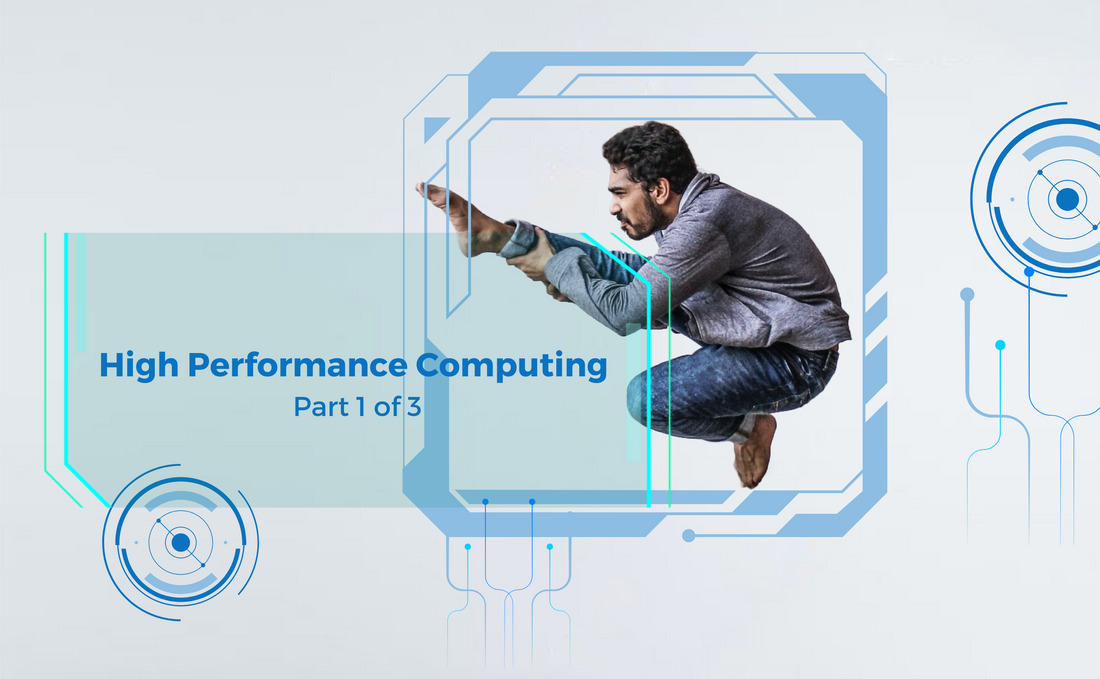
Part 1/3: High Performance Computing Demystified
Share
Welcome to our comprehensive three-part blog series on High Performance Computing (HPC), where we delve into the world of lightning-fast computational power. We received many queries on our support lines regarding this topic from content creators, AI/ML developers &professional gamers.
In this first installment, we'll explore the fundamentals of high performance computing and delve into some intriguing statistics. While Part 2 and Part 3 are more on Key consideration while choosing HPC and advantages a custom HPC offers compared to prebuilt ones, respectively.
High Performance Computing (HPC) is the art of harnessing powerful computing systems to process and analyze massive amounts of data in an astonishingly short time. From scientific research to weather forecasting and from AI to machine learning, from running resources intensive workloads to graphics intensive Cyberpunk, HPC plays a pivotal role in driving innovation across various industries.
Ou range of high performance PCs, called GOSHAWK, offers several pre-built and customized setups to cater your needs. More on it in part 2 and part 3. For now, let us review relevant statistics on HPC:
- The world's fastest supercomputer boasts a staggering processing speed of over 200 petaflops (200 quadrillion calculations per second).
- The HPC market is projected to reach an impressive $55.4 billion by 2024, with an annual growth rate of 8.7%.
- The Human Genome Project took 13 years to sequence the first genome; with HPC, it now takes just a few days, expediting groundbreaking discoveries.
- HPC revolutionizes AI, enabling algorithms to process and learn from massive datasets, propelling AI advancements to new frontiers.
That's good for now. We will see you again in upcoming blogs in this series of articles regarding "Unleashing the Power of High Performance Computing".
Keywords: High Performance Computing, HPC, computational power, supercomputers, statistics, parallel processing, big data, scientific research, AI, machine learning

1 comment
Exciting introduction to High Performance Computing! It’s incredible how HPC transforms industries, from accelerating genome sequencing to advancing AI capabilities. The statistics on processing speeds and market growth highlight its significance. I look forward to the upcoming parts, especially on key considerations and the benefits of custom HPC setups. Keep it coming!